Did you know that poultry is more than just chickens? There are different types of poultry raised in Texas including turkeys, geese, ducks, guineas, peafowl, pigeons, quail, and chickens. All of these different types of poultry are raised in Texas, which makes poultry vital to the Texas economy. In Texas, broiler chickens and turkeys are the primary poultry grown for meat production. Broiler is the name given to chickens raised for meat. There are approximately 625 million broiler chickens and 6.5 million turkeys raised in Texas. These types of poultry are primarily grown on family farms by farmers who have contracts with processing companies. There are approximately 800 contract farms in Texas that grow broilers and turkeys. Modern poultry facilities provide optimum conditions for the birds to grow. Broilers and turkeys are grown in poultry barns where temperature, humidity, lighting, ventilation, air quality, litter, feed, and water are constantly monitored.
Fresh poultry is one of the healthiest animal protein sources you can add to meals! The USDA MyPlate recommends that we consume 5-6 ounces per day of lean protein. Poultry, such as turkey or chicken is a great way to meet this recommendation. Chicken is naturally low in sodium and a good source of protein and vitamin B6, and turkey has the lowest number of calories and the least amount of fat per ounce compared to the top eleven proteins consumed in the U.S. Poultry can be enjoyed in an endless variety of ways. Chicken or turkey can be roasted, baked, boiled, or breaded and eaten as a main course with a side of vegetables and whole grains, chicken, or turkey can be shredded and added to soups, pastas or casseroles, sliced turkey from a deli can be enjoyed on sandwiches or rolled with a low-fat cheese and so much more!

It is important to take proper precautions when handling raw poultry, like any other animal protein. Consumers should be careful when handling, cooking and storing poultry to make sure it is not contaminated by harmful microorganisms. Most cases of food poisoning occur because of improper handling, cooking or storage. To ensure that your poultry is safe to eat, make sure you are choosing poultry products at the grocery store that are not past their expiration date and that are in good condition. Never place raw poultry near or in the same bag as raw produce or deli items to prevent contamination. Refrigerate fresh poultry products immediately or freeze if you don’t plan on using it within three days. If you plan to hold raw poultry in the refrigerator for a day or two, place the package of poultry on a plate so that juices don’t drip onto other foods in the refrigerator. Frozen raw poultry should be thawed in the refrigerator for use the following day.
When cooking with raw poultry, make sure your workspace is clean, and that you are constantly washing your hands to prevent sickness or contamination. Keep whatever dishes, utensils or cutting boards used to prepare or cook raw poultry separate from dishes or utensils you will use to prepare other foods. Do not use the dish cloth to clean up spills of poultry juices and to clean or wipe cutting boards and counters. To sanitize your utensils and cutting boards, you can make a solution of 1 tablespoon of bleach in 1 gallon of water. Lastly, make sure you are cooking your poultry to the proper temperature: whole poultry should be cooked to an internal temperature of 180 to 185 degrees F (82 to 85 degrees C). Ground poultry should be cooked to at least 165 degrees F (74 degrees C).
Dinner Tonight has many great recipes using poultry, like White Chicken Chili, Margarita Chicken, Stuffed Baked Potatoes with Turkey, Cheesy Chicken Pasta, Chicken and Spinach Lasagna, Turkey Sausage and Black Bean Soup and much more! Dinner Tonight also has helpful information on what to do with turkey leftovers and how to safely thaw a turkey. See more at https://dinnertonight.tamu.edu/what-to-do-with-turkey-leftovers/ and https://dinnertonight.tamu.edu/safely-thawing-a-turkey/. For more recipes using chicken and other wholesome ingredients, visit dinnertonight.tamu.edu/.
Extension Specialist
Contact: Dr. Larry Stein
Phone: 830.278.9151
Email: Larry.Stein@ag.tamu.edu

